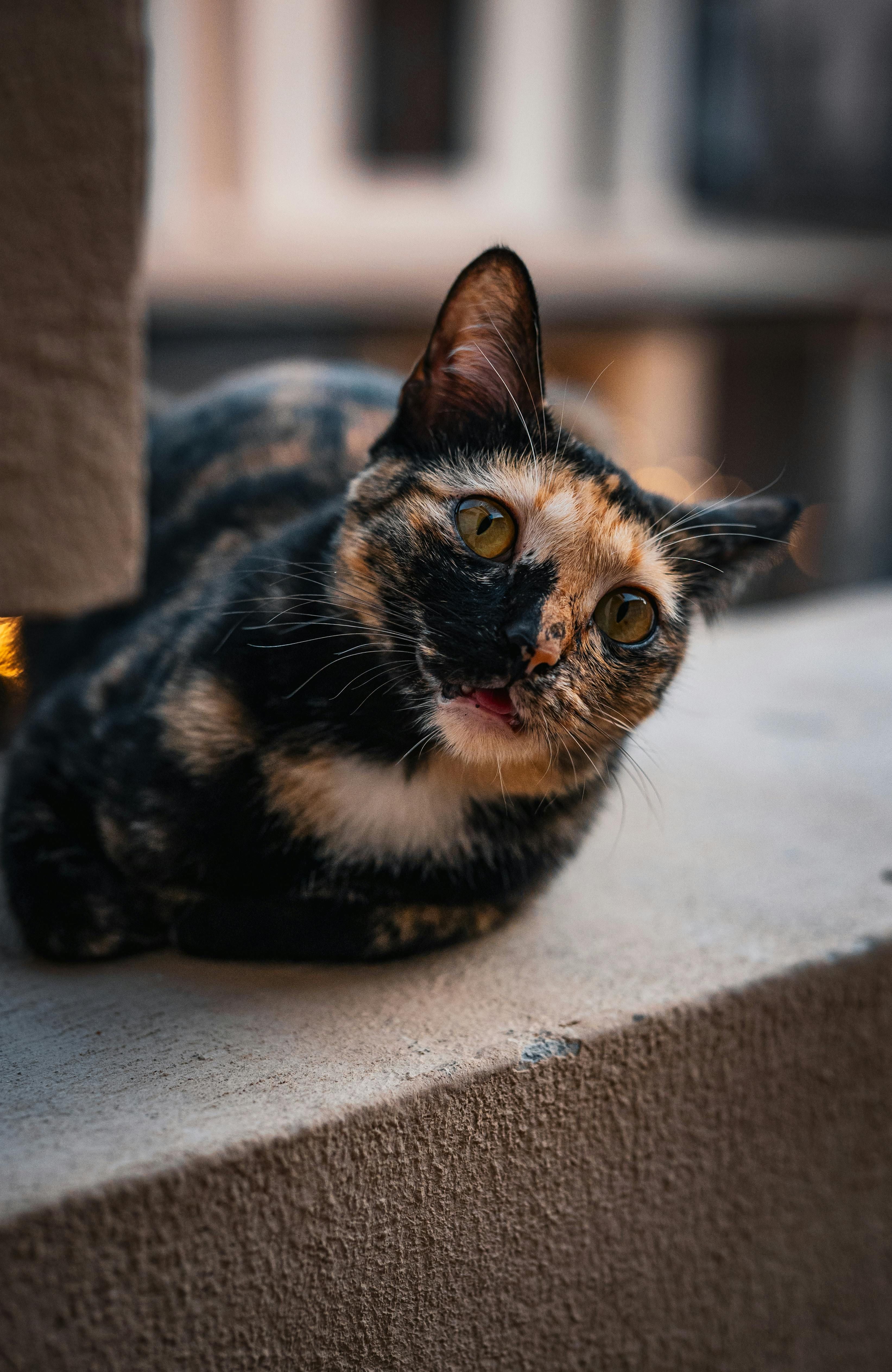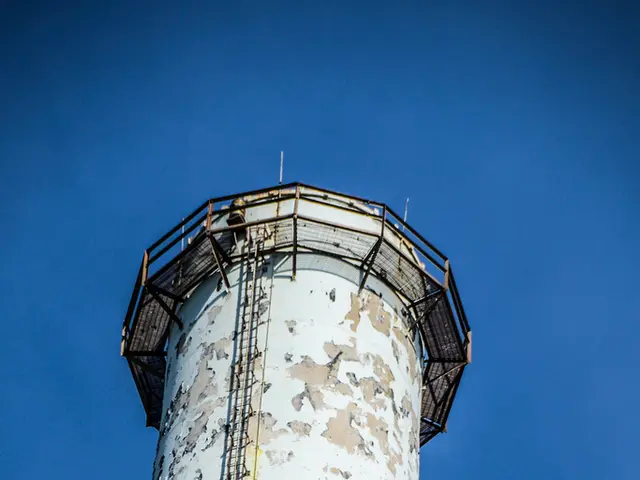Russian president Putin warmly welcomes Serbian counterpart Vucic within Kremlin's confines.
Fresh Take
Russian President, Vladimir Putin, warmly welcomed Serbian counterpart, Aleksandar Vučić, at the Kremlin.
"Great to see you," Putin greeted his Serbian counterpart. "Thank you, that's very kind of you," Vučić replied.
In a twist of events, Vučić's journey to Moscow wasn't all smooth sailing. He opted for an indirect route, 'flying via Azerbaijan', after certain Baltic countries declined to let his aircraft pass through their airspace.
The unforeseen detour stirred questions. Vučić promised to address mounting criticism aimed at him for his Moscow visit. Earlier, EU authorities had issued a warning about the potential consequences of such a trip, including setbacks for Serbia's accession talks.
With a hint of defiance, Vučić suggested he might "open up and let it all out" if faced with criticism over his Moscow visit.
Some Backstory
Besides the ongoing tensions between Russia and Ukraine, the region's airspace underwent sudden changes due to military activities, causing Vučić's plane to make an emergency stopover in Baku, Azerbaijan. Additionally, Lithuania and Latvia barred Vučić from using their airspace, making his travel a complex affair.
The EU Accession Tango
Serbia's aspirations to join the EU present a challenging dance for Vučić's diplomacy. The EU encourages countries seeking membership to align their foreign policies with the bloc's stance, which includes avoiding Russian victory celebrations given Russia's ongoing invasion of Ukraine[3].
Vučić's attendance at such events could create hurdles in Serbia's EU accession negotiations. The EU places great emphasis on member countries adhering to EU foreign policy positions, and Serbia's close ties with Russia may complicate this process.
However, Vučić's relationship with both the EU and Russia can be seen as a strategic move for geopolitical and economic reasons. Balancing these ties is crucial for Serbia as it maneuvers its way through EU membership discussions.
Despite these implications, Vučić's dialogue with EU officials persists. His administration is carefully managing these dual relationships to achieve strategic goals while pursuing EU membership.
- Azerbaijan's airspace became an unexpected route for Serbian President Aleksandar Vučić, as certain Baltic countries refused to allow his aircraft to pass through their airspace, a decision that stirred speculation.
- In the upcoming days, Serbian President Aleksandar Vučić may face scrutiny regarding his Moscow visit, given the EU's warning about the potential consequences for Serbia's accession talks.
- The political landscape is filled with intrigue as Aleksandar Vučić hinted he might "open up and let it all out" in response to criticism over his Moscow visit.
- As part of the geopolitical landscape, Serbian President Aleksandar Vučić's attendance at events celebrating Russian victories could create obstacles in Serbia's EU accession negotiations, given the EU's stance against such celebrations in light of the ongoing Ukraine conflict.
- In a noteworthy show of defiance, during Serbian President Aleksandar Vučić's visit to the Kremlin, he faced questions about his complex travel arrangements, which included a detour through Azerbaijan's airspace, due to previous refusals from Lithuania and Latvia.







